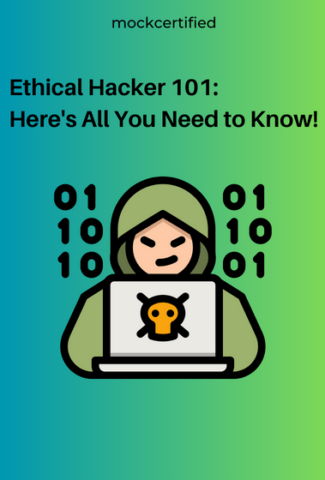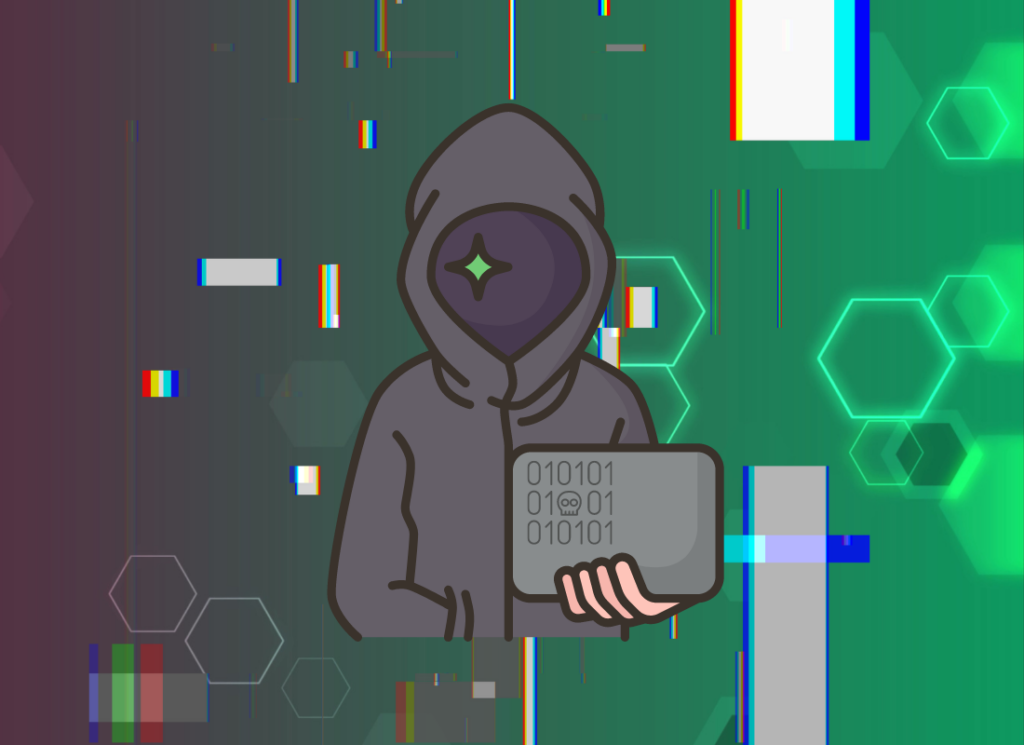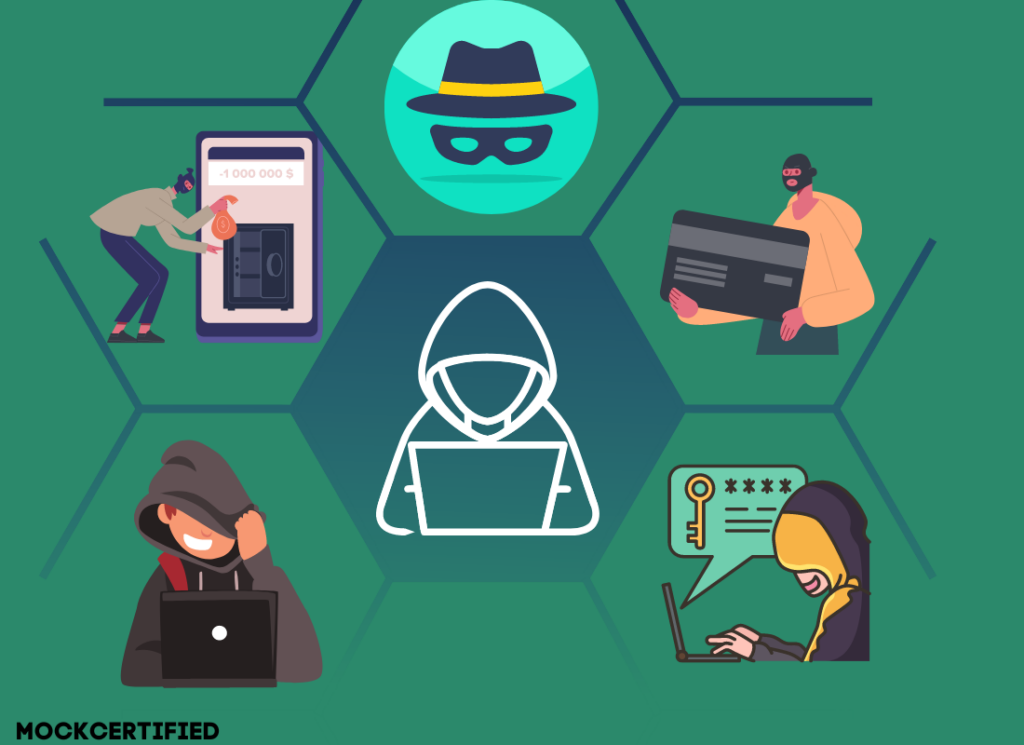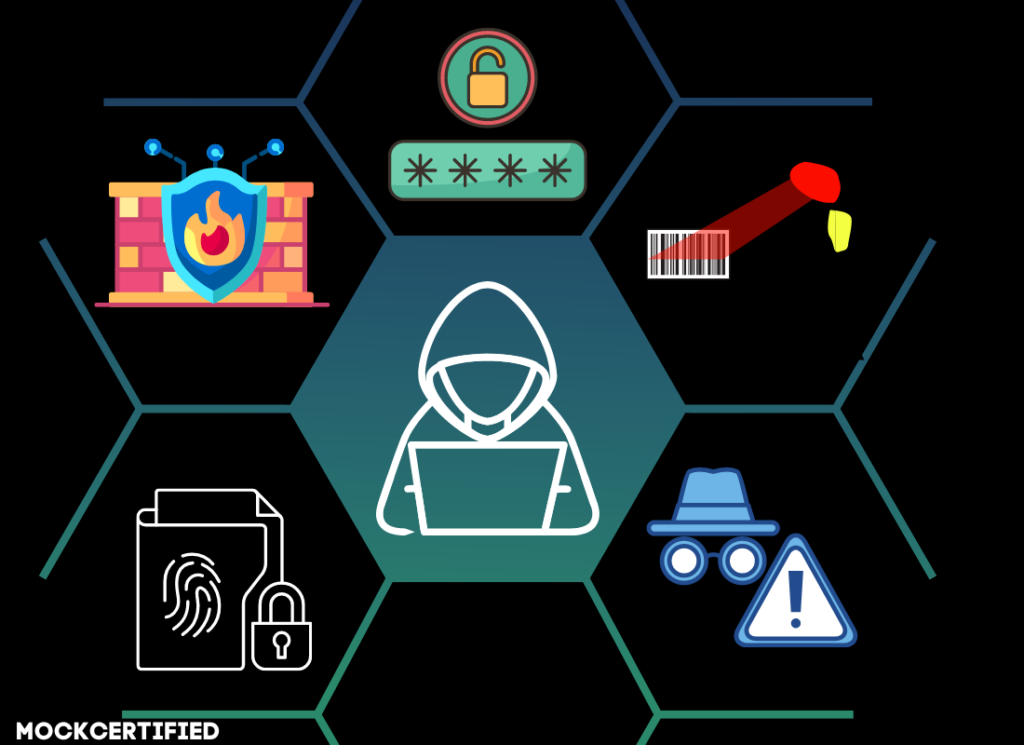Ethical Hacker 101: Here’s All You Need to Know!

Hacking doesn’t always have to be for bad reasons! There are many ways one can put their hacking skills to good use.
The technology is always advancing at an exponential rate, so does the need for robust cybersecurity safeguards to safeguard sensitive data. Ethical hacking has evolved as an effective strategy for defending networks and computer systems against prospective threats.
This blog will provide readers an understanding of what ethical hacking is and how it is different from black hat, what skills are necessary to become an ethical hacker, how to get there, the tools and tactics used by ethical hackers, best practices, and the future of ethical hacking.
Table of Contents
Introduction

Definition of Ethical Hacking
The technique of breaking into computer systems, networks, or apps with the owner’s permission in order to identify faults and potential security risks is called ethical hacking which is also known as penetration testing or white hat hacking. This type of hacking is legal.
Importance of Ethical Hacking
Ethical hacking has become a critical component of cybersecurity as there is an increase in cyberattacks and data breaches. Ethical hackers may prevent possible security breaches and keep sensitive information out of the wrong hands by proactively discovering holes and vulnerabilities.
Understanding the Basic Principles of Ethical Hacking

What is Hacking?
The unauthorised effort to obtain access to a computer system or network that can be used for both legitimate and illicit objectives is referred to as hacking.
Types of Hacking
Hacking can be of three types and they are as follows:
White hat, black hat, and grey hat.
White hat hacking, or ethical hacking, is done with the owner’s permission to identify and fix potential security threats.
Black hat hacking is done for malicious purposes, such as stealing sensitive information or disrupting computer systems.
Grey hat hacking is done without permission but with no malicious intent.
Ethical Hacking vs. Illegal Hacking
Ethical hacking is legal and done with the owner’s permission. On the other hand, Illegal hacking is done without the owner’s permission and can result in criminal charges.
Skills Required to Become an Ethical Hacker
Technical Skills
A solid background in computer science and information technology is required to become an ethical hacker. Knowledge of operating systems, programming languages, networking, database administration, and online applications are among the fundamental technical abilities necessary. It is also critical to comprehend cybersecurity fundamentals such as cryptography, threat modelling, and risk assessment.
Non-Technical Skills
An ethical hacker should have non-technical skills such as critical thinking, problem-solving, and communication abilities in addition to technological talents. A strong ethical hacker should be able to analyse complicated systems, find flaws, and build effective security solutions. Strong communication skills are also required for discussing possible security threats and remedies to stakeholders effectively.
Steps to Become an Ethical Hacker
Formal Education
A solid background in computer science and information technology is required to become an ethical hacker. Several institutions have bachelor’s and master’s degree courses in cybersecurity and information technology. Formal education in computer science, cybersecurity, or a related profession is an excellent place to begin. Such institutions provide students the technical skills and knowledge necessary to become a successful ethical hacker.
Certifications
Certifications are an excellent approach to demonstrate your ethical hacking knowledge and talents. The most prominent credentials for ethical hackers are The Certified Ethical Hacker (CEH), Certified Information Systems Security Professional (CISSP), and Offensive Security Certified Professional (OSCP).
Building a Strong Portfolio
Building a great portfolio is critical for displaying your ethical hacking talents and understanding. Participating in bug bounty programmes, donating to open-source projects, or doing your own penetration testing can give a boost to your portforlio. A strong portfolio can help you stand out from the competition when applying for ethical hacking jobs.
Finding Job Opportunities
Ethical hackers need be limited to one sector only and can find employment in a variety of areas, including banking, healthcare, and government. Penetration tester, security analyst, and security consultant are some of the most prevalent job titles for ethical hackers.
Tools and Techniques Used by Ethical Hackers

Vulnerability Scanners
Vulnerability scanners are tools for detecting possible security flaws in computer systems, networks, or applications. They operate by scanning the system for known flaws and vulnerabilities.
Password Cracking Tools
Password cracking software is used to crack or guess passwords used to protect computer systems, networks, or applications. These tools may be used to validate password regulations and discover weak passwords.
Firewall Testing
Firewall testing involves attempting to penetrate a network or system through its firewall. This is done to identify potential security vulnerabilities in the firewall and ensure that it is configured properly and is safely secured.
Social Engineering Techniques
Social engineering techniques involve manipulating individuals to gain access to sensitive information or computer systems. Ethical hackers may use these techniques to test the effectiveness of security policies and procedures.
Best Practices for Ethical Hacking
Law and Ethics
Ethical hackers must abide by the law and ethical principles when conducting penetration testing. This includes obtaining proper authorization from the system owner, not causing harm to the system or network, and respecting the privacy and confidentiality of sensitive information.
Proper Authorization
Ethical hackers must obtain proper authorization before conducting penetration testing. This includes obtaining written permission from the system owner and ensuring that all testing is done within the scope of the authorization.
Confidentiality and Privacy
Ethical hackers must respect the confidentiality and privacy of sensitive information that they may come across during penetration testing. This includes not sharing sensitive information with unauthorized individuals and properly securing all sensitive information.
Continuous Learning
Ethical hacking is a continually growing discipline, and ethical hackers must constantly study and keep up with the latest techniques and technologies. This may be accomplished through visiting conferences, taking part in training programmes, and networking with other experts in the sector.
Conclusion
Becoming an ethical hacker requires a combination of technical and non-technical skills, formal education, certifications, building a strong portfolio, and finding job opportunities. Ethical hackers must also adhere to best practices, such as respecting the law and ethical principles, obtaining proper authorization, and respecting confidentiality and privacy. By following these steps and best practices, aspiring ethical hackers can build a successful career in this exciting and rewarding field.



Comments
Post a Comment